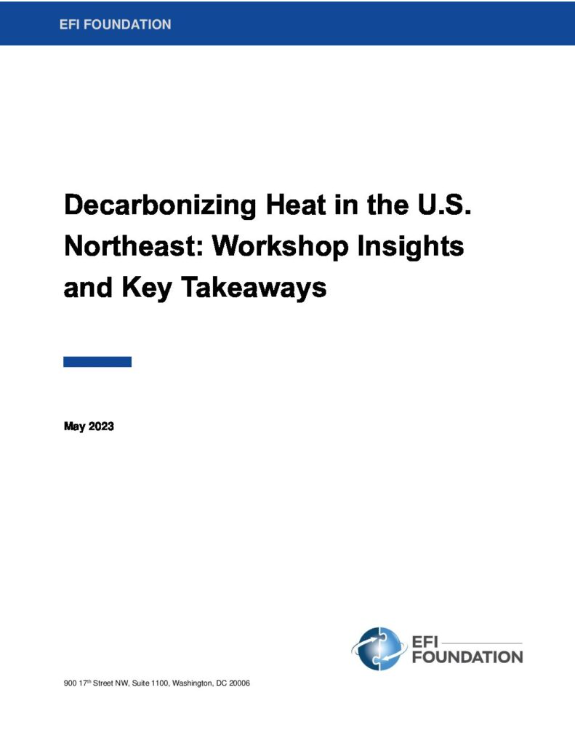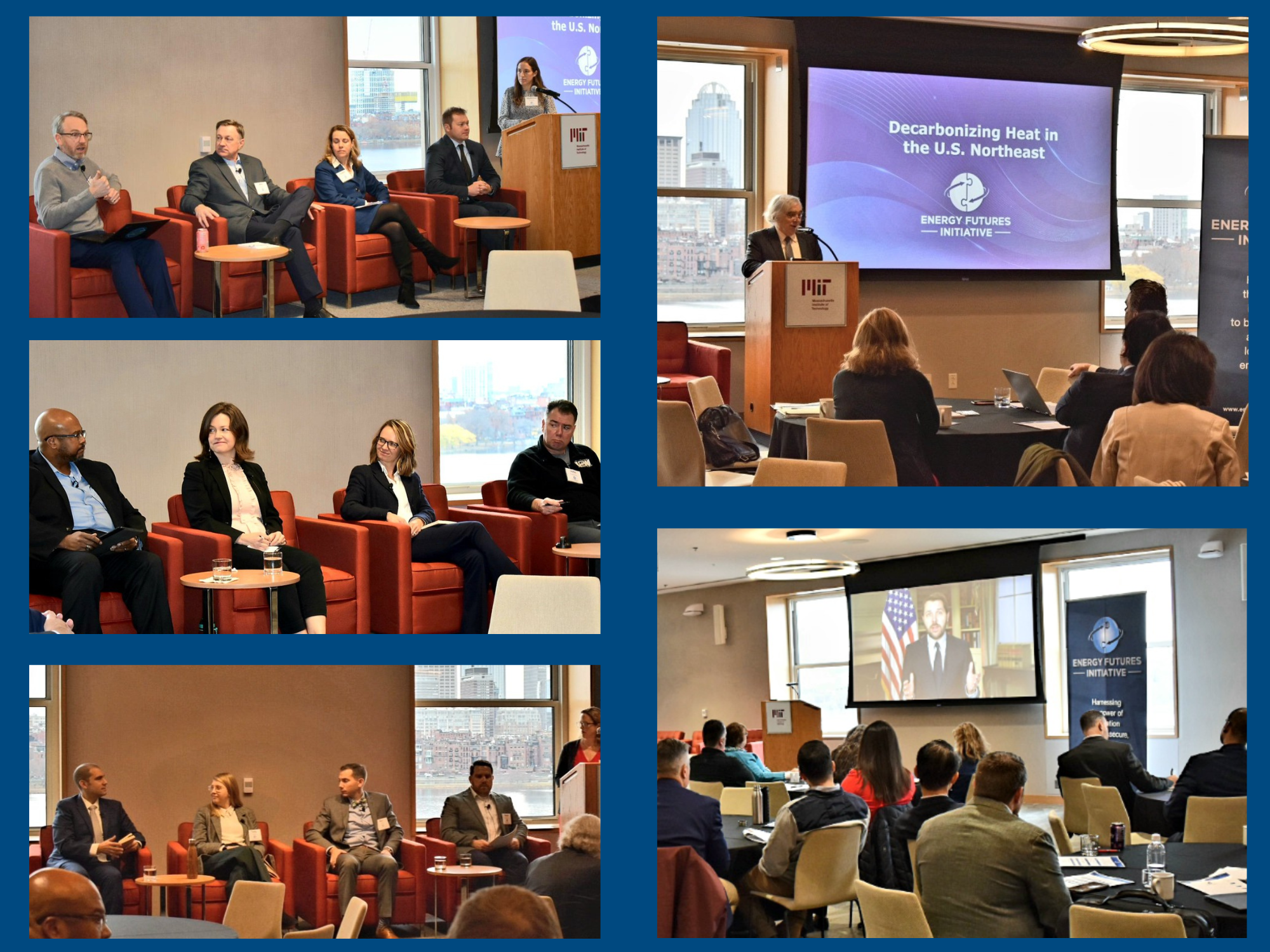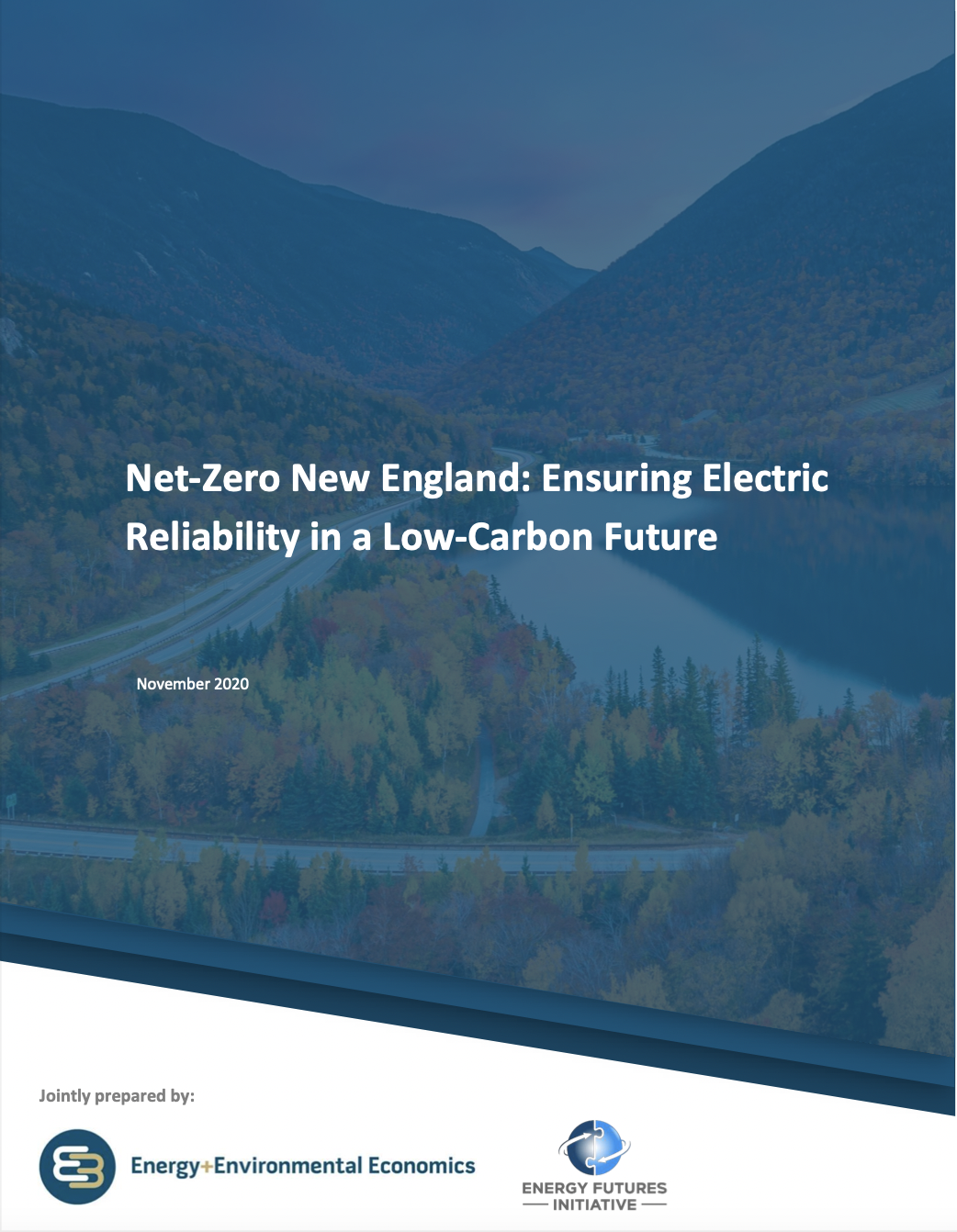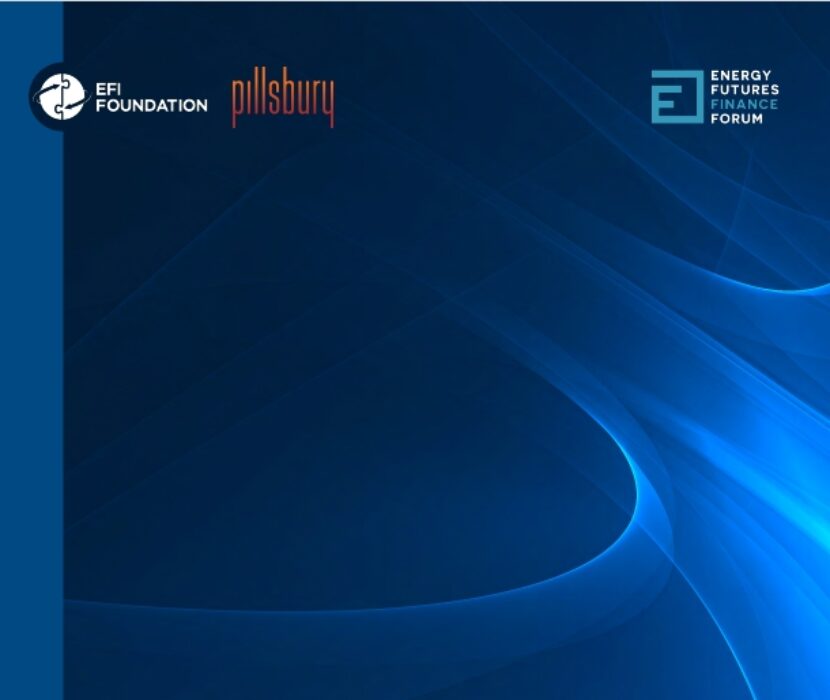Decarbonizing Heat in the U.S. Northeast: Workshop Insights and Key Takeaways (May 2023) summarizes discussions from a workshop that the Energy Futures Initiative (EFI) held in Cambridge, Massachusetts, on December 6, 2022. The workshop brought together nearly 50 stakeholders and thought leaders from the Northeast to discuss the challenges and opportunities of heating decarbonization in the U.S. Northeast, particularly for commercial and residential buildings. They discussed the potential role of low-carbon fuels, such as clean hydrogen and renewable natural gas (RNG), to complement electrification in the region’s resource mix.
The U.S. Northeast (New York, Connecticut, Rhode Island, Massachusetts, Vermont, New Hampshire, Maine) has several constraints that make its energy sector difficult to decarbonize. The region has relatively limited fossil fuel resources, as well as densely populated urban centers and protected lands in which it is difficult to site new energy infrastructure, pipelines, and transmission lines. The region also has aging infrastructure and winter weather conditions that can stress buildings and energy supply. These regional characteristics make decarbonization in the residential and commercial buildings sector—often viewed as relatively easier to electrify—particularly challenging.
The region should commit to technology optionality and flexibility, emphasizing solutions that limit new infrastructure and support energy resilience. Technologies such as offshore wind power, imported hydropower, nuclear power, clean hydrogen, and low-carbon fuels can offer substantial upside if siting and permitting challenges are met.
The workshop covered how to navigate issues of planning, financing, and siting energy projects and enabling infrastructure to decarbonize heating. The workshop was broken up into three panel discussions on the roles that technology and infrastructure, communities, and policy could play in helping the region meet its decarbonization goals.
- Panel 1 – Evaluating the role of low-carbon fuels in the region’s decarbonization: Panelists evaluated different technology and infrastructure solutions for regional decarbonization, with a focus on the role of low-carbon fuels in the context of regional boundary conditions. Switching away from fuel oil is important for reducing emissions and protecting the region from global supply chain disruptions. Clean fuels, such as RNG, can work with the region’s existing infrastructure to replace fuel oil as a backup fuel during peak demand periods in the winter months.
- Panel 2 – Discussing ways to involve local communities as partners in the region’s decarbonization: Panelists explored relationship building with front-line communities in project development and policy discussions. One method to strengthen community involvement is to acknowledge community members as local experts. For partnerships to be effective, communities must trust industry, and industry must trust communities. It is also crucial that relationships between communities and project developers be relational, not transactional.
- Panel 3 – Reviewing policy tools that foster low-carbon fuels’ supply and demand: Panelists considered additional policy options for heating decarbonization in the context of recent concerted efforts at the federal level, such as the Bipartisan Infrastructure Law, the CHIPS and Science Act, and the Inflation Reduction Act. Technology-agnostic policy opportunities will be important, given the relative lack of decarbonization policy and regulation in the Northeast to date. Clean heating standards, renewable portfolio standards, and carbon pricing could further encourage clean fuel supply and demand in the region.
All seven states in the Northeast have greenhouse gas emissions reduction targets of at least 80% by midcentury. The region will need to move quickly to support the needs and goals of local communities and meet its climate goals.
Supplemental Material
Related Content
(Share this post with others.)








